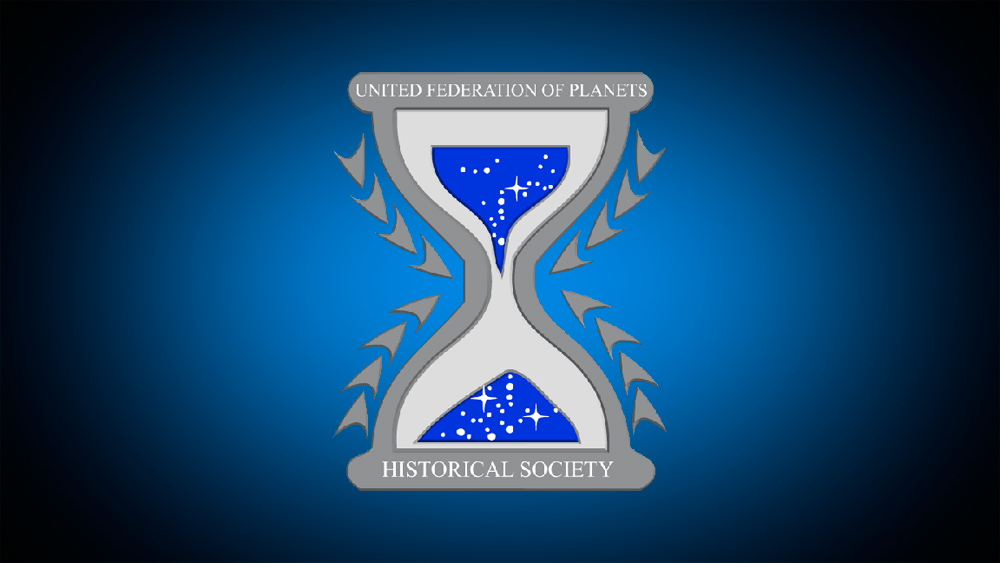Difference between revisions of "antimatter"
From Trekipedia
(Created page with "{{ImageInfoBox2|name=antimatter}} {{TableRow|title=Advertising|data={{AmazonLinkSTSL}} }} |}</div> Antimatter is composed of subatomic particles of the same mass as normal mat...") |
m |
||
| Line 2: | Line 2: | ||
{{TableRow|title=Advertising|data={{AmazonLinkSTSL}} }} | {{TableRow|title=Advertising|data={{AmazonLinkSTSL}} }} | ||
|}</div> | |}</div> | ||
| − | Antimatter is composed of subatomic particles of the same mass as normal matter, but with an opposite charge; an [[antiproton]], for example, has the same mass as a [[proton]], but with a negative charge. When antimatter particles come into contact with corresponding particles of matter, the result is mutual annihilation. All of the mass of the particles is converted into energy in the form of [[gamma radiation]], the most energetic photons in the [[electromagnetic radiation]] spectrum. When [[electrons]] and [[positrons]] collide, the result is a burst of gamma rays whose energy is 511 million electron volts (MeV).<ref name="STSL"/> | + | Antimatter is composed of subatomic particles of the same mass as normal matter, but with an opposite charge; an [[antiproton]], for example, has the same mass as a [[proton]], but with a negative charge. When antimatter particles come into contact with corresponding particles of matter, the result is mutual annihilation. All of the mass of the particles is converted into energy in the form of [[gamma radiation]], the most energetic photons in the [[electromagnetic radiation]] spectrum. When [[electrons]] and [[positrons]] collide, the result is a burst of gamma rays whose energy is 511 million electron volts (MeV).<ref name="STSL"/> A matter/antimatter reaction was used as the main energy source for starships like the [[U.S.S. Enterprise NCC-1701|U.S.S. ''Enterprise'' NCC-1701]].<ref name="TOS07"/> |
{{References}} | {{References}} | ||
<references> | <references> | ||
| + | <ref name="TOS07">{{RefTOS07}}</ref> | ||
<ref name="STSL">{{RefSTSL}}</ref> | <ref name="STSL">{{RefSTSL}}</ref> | ||
</references> | </references> | ||
Revision as of 05:43, 4 September 2021
Antimatter is composed of subatomic particles of the same mass as normal matter, but with an opposite charge; an antiproton, for example, has the same mass as a proton, but with a negative charge. When antimatter particles come into contact with corresponding particles of matter, the result is mutual annihilation. All of the mass of the particles is converted into energy in the form of gamma radiation, the most energetic photons in the electromagnetic radiation spectrum. When electrons and positrons collide, the result is a burst of gamma rays whose energy is 511 million electron volts (MeV).[1] A matter/antimatter reaction was used as the main energy source for starships like the U.S.S. Enterprise NCC-1701.[2]
Notes and References
- ↑ Bormanis, Andre. Star Trek: Science Logs. Pocket Books, March 1998.
- ↑ Roddenberry, Gene (Executive Producer). "The Naked Time". Star Trek, season 1, episode 4 (Production number 07). Directed by Marc Daniels. Written by John D.F. Black. Desilu Productions. 29 September 1966.

